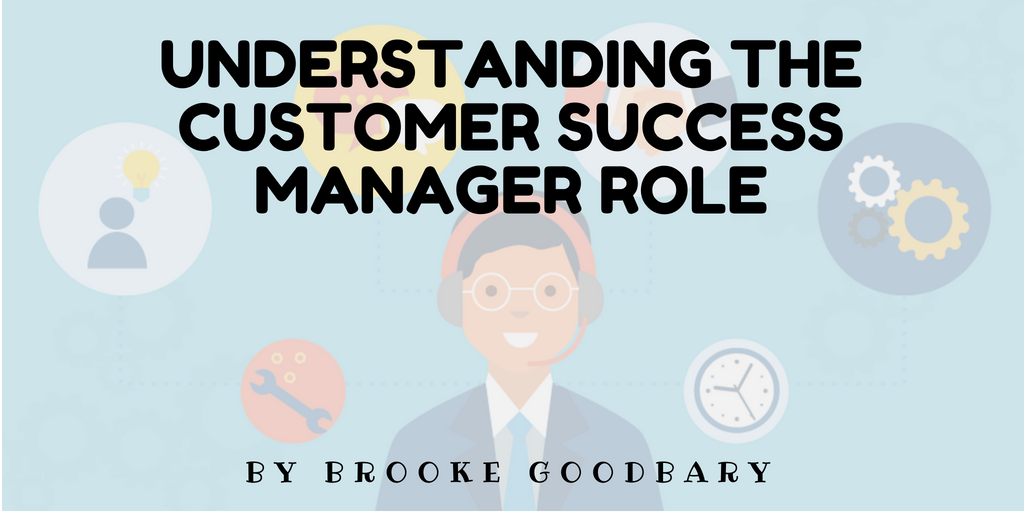
Small businesses have many funding options. Funding options include debt capital, small-business grants, crowdfunding, and retained earnings. Each funding source has its unique advantages and disadvantages. Understanding the differences between these sources will help you determine which option is best for your company. Here are some of the most commonly used sources of financing for small businesses.
Retained earnings
Companies have many options for funding their retained earnings. You can use retained earnings to finance new equipment, warehouse expenses, or a website. This funding source gives companies a clear view of their financial health. There are many disadvantages to this type of funding and it should only be used with caution.
Retained earnings can be used smartly to boost a company's performance. They can be used to fund new business ventures or to pay off balance sheet debt. They can also be used as a source of emergency funding. Companies can avoid the cycle of debt by having an emergency fund in case an emergency occurs.

Debt capital
Debt capital can be described as a type or financing that is swapped between a borrower (or lender) and a borrower. The borrower has to repay the loan amount over a time period. The lender releases the capital sum if the borrower meets certain criteria, such as making regular payments and meeting the repayment schedule. Businesses that require additional liquidity to achieve their goals may find debt funding useful.
A business loan is probably the best source of financing. A business loan is the most common source of debt financing. However, small businesses may not be able to secure a bank loan and their credit rating will be negatively affected if they don't make payments. Many companies opt for other sources of debt capital funding.
Small business grants
Small business grants are a great way to increase your business capital. To be eligible for these funds, however, you must meet the eligibility requirements. These grants are often given to veteran-owned businesses, minority women and veterans. Businesses located in rural areas are usually eligible for grants. A list of all available funding sources within your state can help you increase your chances at success.
The process for applying for a business loan is similar to the process for applying for a small business grant, but there are a few differences. First, a business loan lender will assess your business and personal credit ratings. A small business grant, on the other hand, will not check your credit, and it does not expect repayment. Second, a business loan will probably be approved sooner. Some lenders will approve a business loan application within one business day, and disburse the funds within a few days. An application for federal grants, on the other hand, can take upto six months to be approved.

Crowdfunding
Crowdfunding involves soliciting contributions from a large crowd. Crowdfunding is most commonly used by start up businesses but can also help in emergencies. There are many crowdfunding platforms that you can use, such as Patreon and Substack.
Crowdfunding is a great option for small businesses. But there are some things to remember before you launch a crowdfunding campaign. First, you need to stay in touch and communicate with people who donated to your campaign. You might be able to get their permission to share your project with other people.
FAQ
Do I have to pay tax on consulting income
Yes. You will have to pay taxes on your consulting profits. The amount you earn depends on your annual income.
If you are self-employed, expenses can be claimed on top of your salary. These expenses include rent, childcare and food.
You can't deduct the interest on loans, vehicle damage, or equipment costs.
You cannot claim back less than PS10,000 in a given year.
You might be taxed even if you make more than the threshold depending on whether your income is contractor or employee.
Employers are taxed via PAYE (pay as your earn), and contractors through VAT.
What is the average time it takes to become a consultant
It depends on the industry and your background. Most people start with just a few months of work before finding employment.
However, some consultants spend several years honing their skills before finding work.
Why would a company want to hire a consultant for their business?
Consultants provide expert advice on how to improve the performance of your business. They don't sell products.
Consultants help companies make better business decisions through sound analysis and suggestions for improvement.
Consultants often work closely with senior management teams to help them understand what they need to do to succeed.
They provide coaching and leadership training for employees to enable them to achieve their peak performance.
They may be able to advise businesses on ways to cut costs, improve efficiency, and streamline processes.
Statistics
- 67% of consultants start their consulting businesses after quitting their jobs, while 33% start while they're still at their jobs. (consultingsuccess.com)
- According to statistics from the ONS, the UK has around 300,000 consultants, of which around 63,000 professionals work as management consultants. (consultancy.uk)
- So, if you help your clients increase their sales by 33%, then use a word like “revolution” instead of “increase.” (consultingsuccess.com)
- My 10 years of experience and 6-step program have helped over 20 clients boost their sales by an average of 33% in 6 months. (consultingsuccess.com)
- According to IBISWorld, revenues in the consulting industry will exceed $261 billion in 2020. (nerdwallet.com)
External Links
How To
What does a typical consultant's day look like?
Your work type will determine the length of your day. But generally speaking, you will spend time researching and planning new ideas, meeting clients, and preparing reports.
Meetings are a common way to discuss problems and issues with clients. These meetings can take place over the phone, via email, online, or face to face.
The proposal is a document that outlines your ideas and plans to clients. You'll need to discuss your proposals with a mentor, colleague, or friend before you present them.
After all the preparation, you'll need to start creating content. Writing articles, designing websites, editing photos or conducting interviews are just some of the options.
Depending on your project's scope, it may be necessary to do research to get relevant statistics. This could include finding out how many customers your company has and whether they purchase more than one product.
Once you have all the information needed, it is time for clients to see your findings. You may give your findings orally or in written form.
After your initial consultation with clients, you need to keep in touch. For example, you might call them periodically to see how things are going or send emails asking them to confirm that they received your proposal.
This process takes time, but it's important to ensure that you stay focused and maintain good relationships with clients.